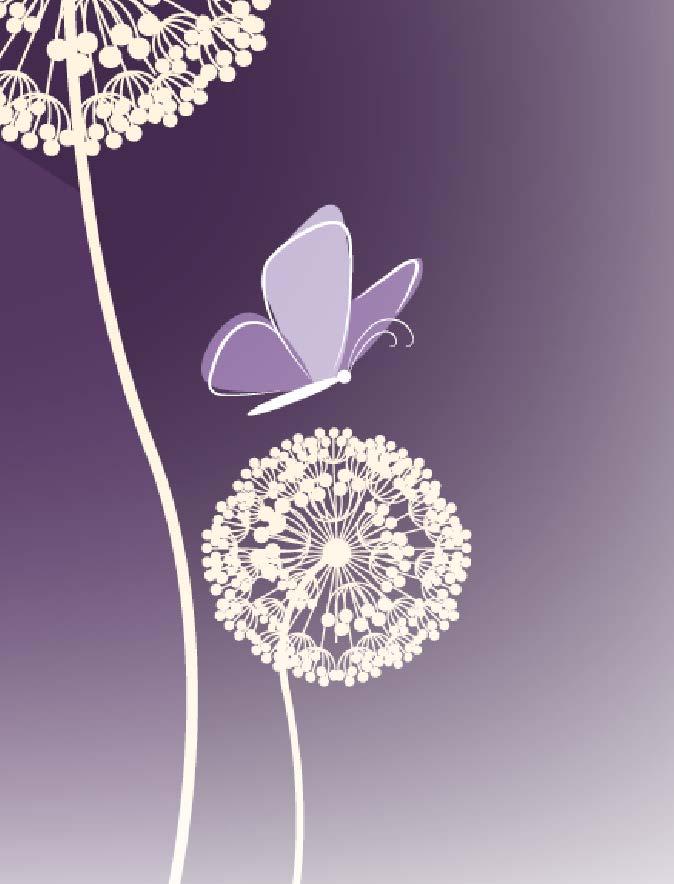
Sherwood Forest Hospitals
NHS Foundation Trust
King’s Mill Hospital
King’s Mill Hospital


Sherwood Forest Hospitals
NHS Foundation Trust
King’s Mill Hospital
King’s Mill Hospital
If the death of your relative or friend occurred in the hospital, please contact the Bereavement Centre between 9am and 4.30pm, Monday to Friday (except bank holidays):
Understanding the changes that happen when someone is reaching the last days of their life.
Direct number - 01623 422702 Via main switchboard01623 622515 extension 4189 or 4190
If you would like support to read this leaflet or talk about anything in more detail please ask a member of staff.

If you have been advised that the Coroner will be involved, the Coroner’s Office will contact you directly.

The doctors and nurses will have explained to you that there has been a change in your relative or friend’s condition.
This leaflet explains what may happen to someone as they start to die. Some of these things may seem strange or frightening if you are not expecting them; we hope this information helps you understand that many of these changes are natural and normal at the end of life.
Each person’s experience of the last few days of life will be different and it can be difficult to predict exactly what will happen or how quickly the changes will occur.
Please feel free to ask any questions, for help and support if there is anything at all that is worrying you.



What do we aim to do now?
We aim to:
• Provide care tailored around the person’s individual needs and prioritise their wellbeing
• Encourage the patient’s involvement and that of the family/carers, if they wish, in the planning of their care
• Support the family/carers in meeting their needs at this time where required.
How will we achieve this?
We will:
• Communicate to the family/carers regarding the patient’s current conditions and care, as often as is needed, by them but at least daily
• Assess regularly and document our assessment in their care records
• Make sure that the person’s symptoms such as pain, sickness, restlessness and secretions on their chest are managed appropriately
• Make sure the person eats and drinks for as long as they are able to
• Look after their physical needs such as bowel care, mouth care, passing urine, using pressure aids to keep them comfortable, and personal care, assisting them when required
• Meet the patient’s and family/carers religious, spiritual and cultural needs as they may identify.
It is very important for everyone involved to be clear about the plan of care and have their needs understood and met.
What physical changes will happen to your relative or friend?
Usually, a person who is reaching the end of their life will gradually become very weak and have very little energy. They may:
• Find it difficult to move around and need help getting from the bed to a chair
• Need to spend most or all of the day in bed
• Lose interest in eating and have no appetite because their body doesn’t need food and they can no longer digest it
• Sleep a lot and feel drowsy when awake
• Feel disorientated and unsure whether they are dreaming
• Dream about people who aren’t there or that they knew in the past – the mind may bring up old memories
• Lose interest in their surroundings and even close family.
During their last few days, the people looking after your relative or friend will need to give a lot of physical care. It may be strange to have to accept so much help but it can also be a time when they become very close emotionally. If you want to help with washing the nurses can show you how.
When a person stops eating and drinking it can be hard to accept even when you know they are dying. As your relative or friend grows weaker the effort needed to eat and drink may become too much for them, so help may be required. Food and drink will continue to be offered to them until they lose the natural ability to swallow. It is important to remember that it is the illness which is making the body systems fail, not the lack of fluid. If someone is very weak and given fluid by mouth it may go down the wrong way and make them cough and splutter.
The mouth often becomes dry and will need to be moistened regularly. Applying lip balm (if the person is on oxygen please use a water based product, ie. oralieve gel) on to the lips to stop them getting dry and cracked will help. The nurse will be happy to show you how to help with this if you wish.
If the patient cannot take fluids by mouth, fluids given by a drip may be considered, but only where it is helpful and not harmful. This will be closely reviewed to make sure there are no side effects from it. Giving fluid by a drip can sometimes make things worse by overloading the delicate fluid balancing mechanism of the body. If this happens they may experience ‘chestiness’ or noisy breathing and swelling of the arms or legs, as the body cannot process the fluid from the drip.
To prevent your relative or friend’s skin from getting sore, it’s important that it is moisturised and that their position is changed regularly. The nurses can advise you how to make sure they are in a comfortable position when they are unable to move themselves.
We will use various pressure care aids to help keep them comfortable. These can include cushions for chairs, mattresses for beds and special beds with pressure-relieving mattresses.
There may be a lot of time when your relative or friend doesn’t need to have anything done and they can just lie quietly with you. This can be a very intimate and special time. They may wish to talk, have a quiet time or listen to music that they like. They may also want to have some time on their own.

In the last few hours, your relative or friend’s hands, feet and skin may feel very cold and possibly moist. Sometimes the skin changes colour and becomes slightly more blue, grey or white.
Their skin may also be very sensitive to touch. So if you move them, be very gentle and tell them what you’re doing.
Urine may become darker in colour and decrease in amount. Sometimes it may be more comfortable for the person to have a tube (catheter) put into the bladder to drain away the urine.

When a person is reaching the end of life they will spend more time sleeping and may eventually become unconscious. They may remain in this state for a surprisingly long time (in some cases many days), although for others this time will be much shorter.
If your relative or friend is drifting in and out of consciousness, there may be times when they don’t seem to recognise you or other people around them. You may find this distressing.
If they seem restless or agitated, this can be eased by giving sedatives by injection or through a syringe driver.
Even if your relative or friend is unable to respond, they may still be able to hear you and know you’re there, so it can help to speak to them and let them know what you’re doing. This may feel strange as they can’t respond, but it can be comforting for both of you.
There may be times where not much needs to be done from a nursing point of view and you can just sit with them and be close to them.
What will happen when your relative or friend is nearing death and final moments of life?
For many people, dying is very peaceful. They will usually slip slowly into unconsciousness and find that it’s difficult to wake up. Generally, people eventually become completely unconscious.
In the final moments of life their breathing may become even slower and more irregular with very long pauses between each breath.
Their tummy (abdominal) muscles may take over control of the breathing from the chest muscles, so that their tummy rises and falls with each breath.
Finally, they will stop breathing altogether. This may seem to take a long time for some people. For others, it will only be a few minutes. Sometimes it can be difficult to pinpoint the exact moment of death. Often, the person’s body will relax completely and they may look very peaceful. Some people feel they can sense when the person has died.
As well as support from the ward we have a team of chaplains to help support emotional or spiritual needs. They can offer a listening ear or any religious practice, for example last rites for anyone who is affected in any way. They can be called day or night by the ward staff, so please ask at any time. The chaplaincy will support all faiths and those of no faith. They will also make contact with your faith group if you wish. It is important to do whatever you feel is right.
Caring for the person at the end of life and after death is enormously important and a privilege. Total care after death demonstrates our respect for the person and is focused on maintaining privacy and dignity and fulfilling religious and cultural beliefs. Therefore if there are any religious or cultural wishes the person may have please let the nurses know. If the family wish to participate in the final care or they would like to dress the person in any specific clothing, please let the nursing staff know.
You are welcome to spend some quiet time with your loved one after death. Many people like to sit and hold hands. We will not rush you and will try and support you.
Once the final care is complete any belongings can be taken home by the family.
Here are some tips that families and loved ones have told us were useful to them:
• Ask ward staff to help if you have any care and comfort concerns
• Keep talking, touching and reassuring your loved one that you are there
• Nominate a family member to communicate with the ward staff and wider family and friends to avoid misunderstandings
• Take any valuables home for safekeeping and only keep a minimum of belongings at the bedside.
The Patient Experience Team (PET) office provide a friendly confidential advisory service for patients, carers and staff who wish to discuss any comments, concerns or compliments about their care.
You can call into the PET office in main reception at either King’s Mill or Newark hospital. Alternatively you can contact a team member by telephone, email or via our onsite PET internal post boxes:
• Patient Experience Team at King’s Mill Hospital
Telephone 01623 672222 (out of hours answer phone)
Email: PET@sfh-tr.nhs.uk
• Patient Experience Team at Newark Hospital
Telephone: 01636 685692 (with out of hours answer phone)
Email: PET@sfh-tr.nhs.uk
Additional information is available from Dying Matters:
Freephone: 08000 214466
Email: info@dyingmatters.org